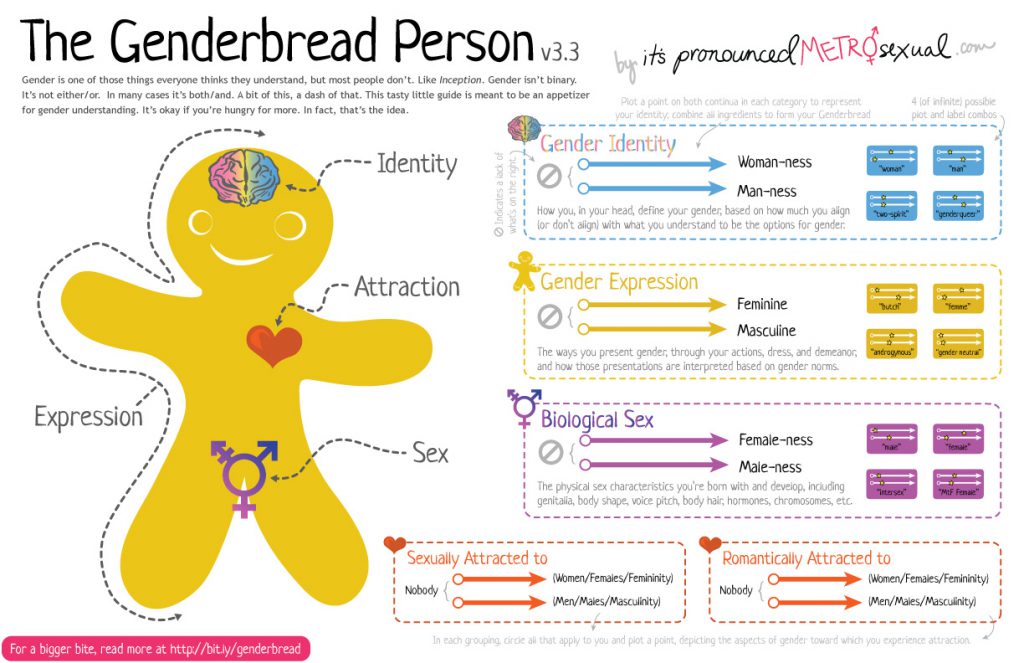Steven Pinker loves hiding behind other people’s opinions. Remember the bit on voluntary chemical castration in The Blank Slate? Pinker is careful not to say that he’d like to castrate sex offenders explicitly, but by championing the argument and chastising others for not taking it seriously he’s able to promote the idea yet have someone else to blame.
Enlightenment Now is no different; at one point, Steven Pinker brings forward an argument that 19th century sweatshops were empowering for women.

